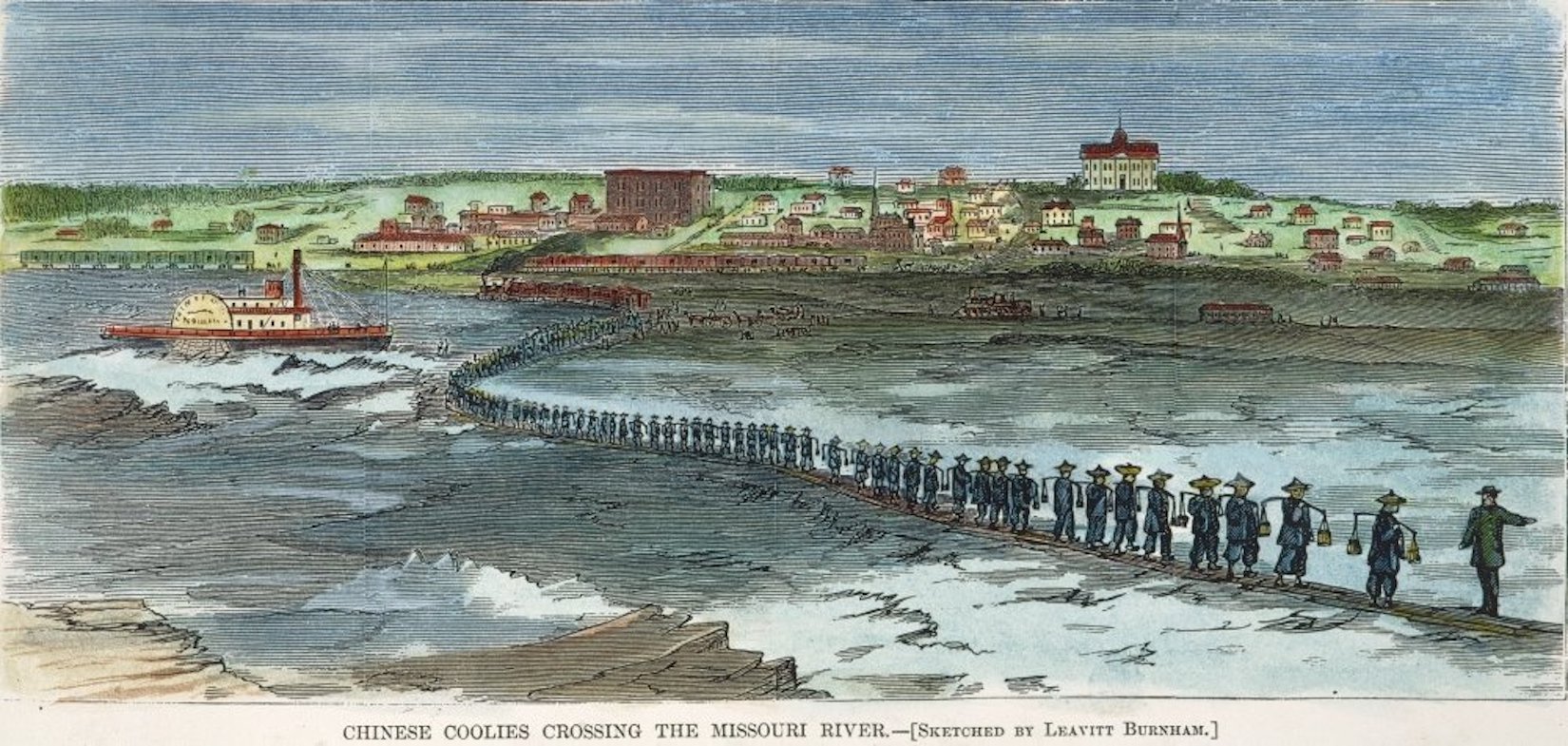Collie Crossings: Transnational Labor Migration and Modern Chinese Literature, 1900-1947
Tianyun Hua
Comparative Literature
UC Davis
Situated at the intersection of labor history, studies of migration, critical race theories, and literary studies, my dissertation aims to examine the discourse of labor through the perspective of transnational migration and explore how labor in the diaspora facilitated the modernization of Chinese literature. Using understudied texts and archival materials, it examines four case studies: Chinese laborers during the Exclusion Act and the subsequential Anti-American Boycott in China (1905); the Chinese Labour Corps recruited by the Allies to the European battlefield during WW1 (1914-8); rubber plantation workers in Southeast Asia (the 1910s-40s); and White Russian sex workers in Shanghai (the 1920s-30s). Each chapter engages the concept of labor through different angles: law and racialization, war and weaponry technologies, environment and finance, gender and revolution. Combining these structurally sporadic cases, this project seeks to, first, destabilize the center-margin binary by foregrounding laborers’ stories; second, trace the invention of a modernized concept of labor, revealing competing ideologies and entangled forces behind the notion; third, examine the intersections of class and race in the transnational contact zones, showing the race-making at the macro and individual level; and finally, to delve into literary questions of language, genre, and style, and re-problematize the modernization of Chinese literature.
Image credit: Chinese coolies crossing the Missouri River (New York Public Library Digital Collections).

